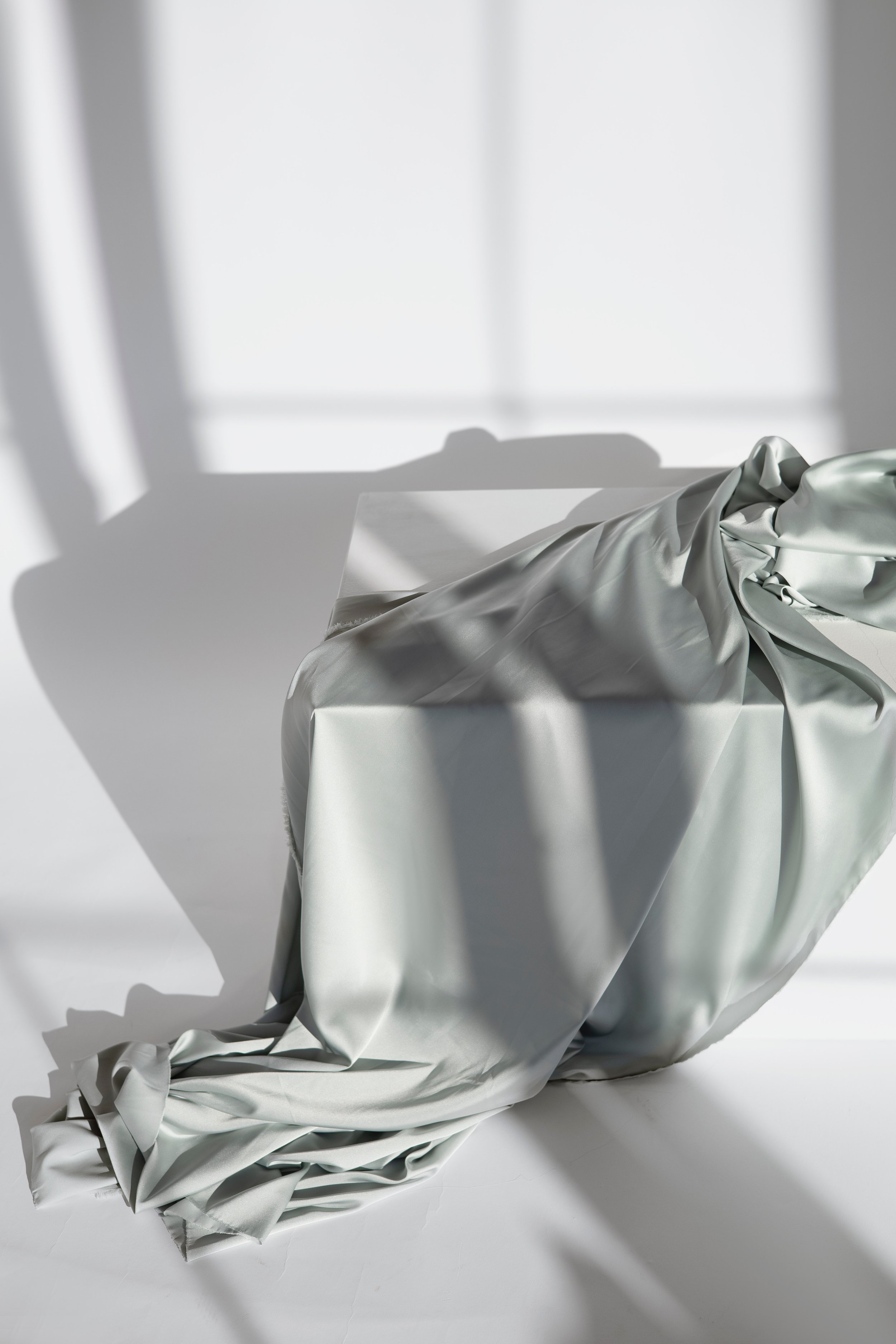A wood-derived fibre, lyocell is slowly gaining popularity for its softness, absorbency, and most significantly, as a more ethical and sustainable fibre to silk or cotton (in regards to the latter, lyocell has the potential to use less than half as much water in production). As the fibre begins to gain mainstream popularity — so much so that the company’s 20,000 tonne capacity plant will be increased by more than double next year — we speak to board member, Abdullah Kara, about Kara Fiber’s hopes for the future of lyocell.
FibreTrace: Kara Fiber is a family business, with three generations having worked in the textiles industry. Could you please share how the business started? What is the family’s mission and vision?
Abdullah Kara: The Kara family, consisting of five brothers, were selling different electrical products. They wanted to be a manufacturer, and became a shareholder of a yarn factory named Selçuk İplik. They started with one open-end yarn machine that produced four tonnes of yarn per day. Today, we produce 180 tonnes of yarn per day with open-end, ring, and vortex technologies. Our family vision is to grow and sustain the Kara name for many generations to come.
FT: What motivated Kara Fiber to pursue lyocell production? What is unique or beneficial about lyocell? Plant capacity will be increased to 45,000 tonnes in 2024 — is this a reflection of an increased interest in the fibres by consumers?
AK: The Chairman, Mr Bilal Kara, always wanted to create a viscose plant. However, he realised that the world is going to sustainable products, and lyocell is much more sustainable and environmental. Therefore he decided to create a lyocell staple fibre mill.
Lyocell is a unique and beneficial fibre due to its sustainable production, softness akin to silk, excellent moisture absorption, hypoallergenic nature, antibacterial properties, and versatility. It offers comfort, breathability, and durability, making it ideal for clothing, bedding, and various textile applications. Its closed-loop manufacturing process, derived from renewable sources, and biodegradability, further contribute to its eco-friendly appeal.
Yes, this reflection comes from the demand of the market, due to the interest in sustainable products. We are an integrated textile company; lyocell fibre, yarn, knitted fabric, dye house. We also need it internally for our productions.
FT: What motivated the company to collaborate with FibreTrace on Ecocell™? What are the company’s hopes for Ecocell™?
AK: FibreTrace® can provide physical and digital traceability solutions easily. To trace our Ecocell™ fibres to the end product, to qualify the Ecocell™ real-time verification, we need FibreTrace Technology. As a lyocell fibre producer, the company has high hopes for the future of lyocell. Our aspirations include sustainability leadership; we aim to establish ourselves as a leading force in sustainable textile production. By continuing to promote the eco-friendly attributes of lyocell, we strive to contribute to a more sustainable and circular fashion industry. There are also hopes for market expansion. We hope to see a broader adoption of lyocell in various industries, including fashion, home textiles, and medical applications. By highlighting the unique benefits of lyocell, we aim to increase its market share and become a preferred choice for conscious consumers and businesses.
Then there’s innovation and research. We invest in continuous research and development to explore new possibilities and applications for lyocell. By fostering innovation, we aim to unlock the full potential of this versatile fibre and expand its use in emerging fields such as technical textiles and sustainable packaging.
Fourthly, collaboration and partnerships. We aspire to build strong partnerships with like-minded companies and organisations. By working together, we can collectively drive positive change, share knowledge, and create innovative solutions that promote sustainable practices and the wider adoption of lyocell.
Lastly, consumer education. We recognise the importance of educating consumers about the benefits of lyocell. By raising awareness about its sustainable production, comfort, and other unique properties, we hope to create a more informed and conscious consumer base that actively seeks out products made with lyocell fibres.
Ultimately, our goal is to position lyocell as a sustainable, versatile, and preferred fibre choice in the global market, while contributing to a more sustainable and environmentally responsible future.


